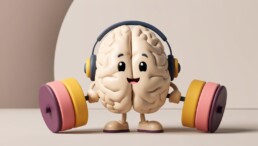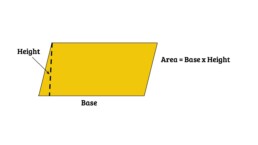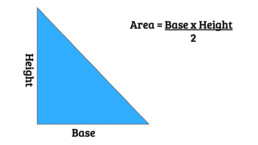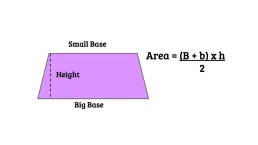The Importance of Math in Everyday Life
Introduction

It is often said that math is the language of the universe. This is because, whether we realize it or not, it is a part of everything we do. From telling time to baking a cake, we use math principles every day.
In fact, math is so fundamental to our understanding of the world that it can be difficult to appreciate how widespread its influence truly is. After all, we use math every day, even if we don’t realize it. By understanding the basic principles behind the things we do every day, we can gain a greater appreciation for the subject and its role in our lives. In this blog post, we will explore how basic math concepts are used in everyday life.
Math Helps Us Make Good Decisions

One of the most important things we use math for is decision-making. Every day, we make countless choices, large or small. What should we wear? What should we eat? What route should we take to get to work?
All of these choices involve some element of risk versus reward. For example, we might choose to eat healthy food even though it costs more because we believe the long-term benefits are worth the investment. Or we might choose to take a different route to work even though it adds an extra 10 minutes to our commute because doing so will avoid traffic congestion.
In both cases, we are weighing competing factors and deciding based on what will maximize our chances of achieving our goal—be it good health or a timely arrival at work. This process of decision-making is at the heart of many mathematical concepts, such as expected value and optimization problems. As such, a working knowledge of the basic principles can help us make better decisions in all areas of life.
Math Helps Us Understand The World Around Us

Another way it is essential in everyday life is that it helps us understand the world around us. Take weather prediction for example. Meteorologists use sophisticated mathematical models to understand atmospheric conditions and make predictions about future weather patterns. These predictions allow us to do things like plan for bad weather or evacuate before a hurricane makes landfall. In other words, they help keep us safe.
Similarly, mathematicians have used their knowledge of patterns to understand phenomena like population growth and disease spread. This understanding has led to important discoveries like vaccination programs that have saved countless lives. In short, it helps us see patterns and this can be very helpful for our health and safety as well as our overall quality of life.
Math Helps Us Make Sense Of The World

Mathematics also helps us make sense of the world by providing us with a way to organize and understand data. In today’s information-rich world, data surrounds us—from watching television to browsing social media sites like Facebook or Twitter. And this data can be overwhelming if we don’t have a way to make sense of it all. As such it provides a way by allowing us to summarize data using statistical methods and visualize data using graphical techniques like charts and graphs.
Math Helps Us Understand Personal Finances

Finally, one of the most essential life skills is understanding personal finances. This includes budgeting, managing debt, and investing. All of these activities require a basic understanding of math. For example, when creating a budget, you need to be able to add, subtract, and calculate percentages. When you’re managing debt, you need to be able to calculate interest rates and make payments on time. And when you’re investing, you need to understand concepts like return on investment (ROI) and compound interest. Without a basic understanding, it would be very difficult to navigate the world of personal finance.
Conclusion
As you can see, math plays a role in many aspects of our lives whether we realize it or not! The next time you find yourself doing some everyday activity, take a minute to think about the math principles that are being used and how they are applied in that particular situation. You may be surprised at just how essential it is in our day-to-day lives!


































